On October 11-12, 2019, Brookings–Jinan China Microeconomic Policy Forum 2019 was held at the Institute for Economic and Social Research (IESR) at Jinan University, thus marking the beginning of our recently launched cooperation with The Brookings Institution – a Washington DC.-based nonprofit public policy organization which is recognized among the most influential think tanks in the U.S.
It is the initiative that sprung out of our shared goal to facilitate closer ties between our think tanks and thus promote research collaboration on a wide array of microeconomic topics, including but not limited to environmental, urban, public, labor, trade, industrial, and transportation economics. This is an annual conference which is hoped to generate important implications for public policy in China by addressing issues that are relevant to the Chinese economy.
Jointly organized by IESR Dean Prof. Shuaizhang Feng and Clifford Winston, a Senior Fellow in The Brookings Institution, this year’s conference centered on the production and health impacts of environmental externalities and policies, and involved presentations and discussions of 7 scholarly papers.
You can find out more about the conference program here.
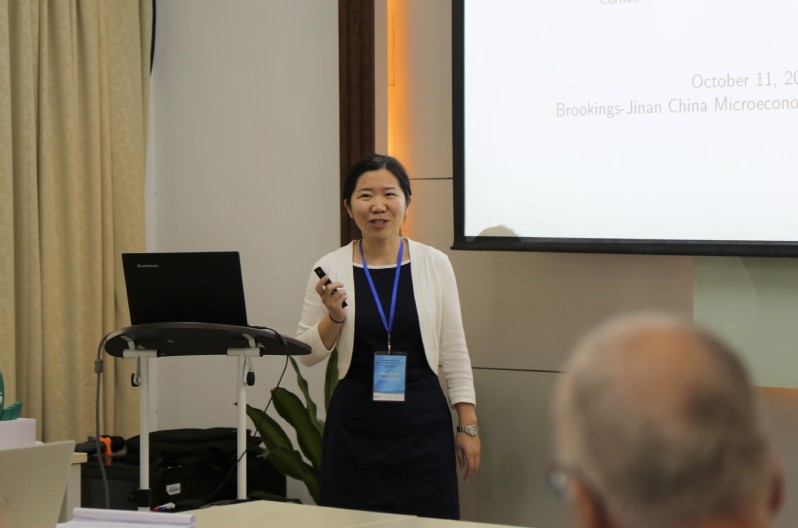
Hui Zhou (Cornell University)
Environmental Protection or Local Protectionism? Evidence from Tailpipe Emission Standard in China
The paper argues that the emission standard may serve as a strategy for local protectionism of the automobile industry, rather than an effective way for environmental protection.
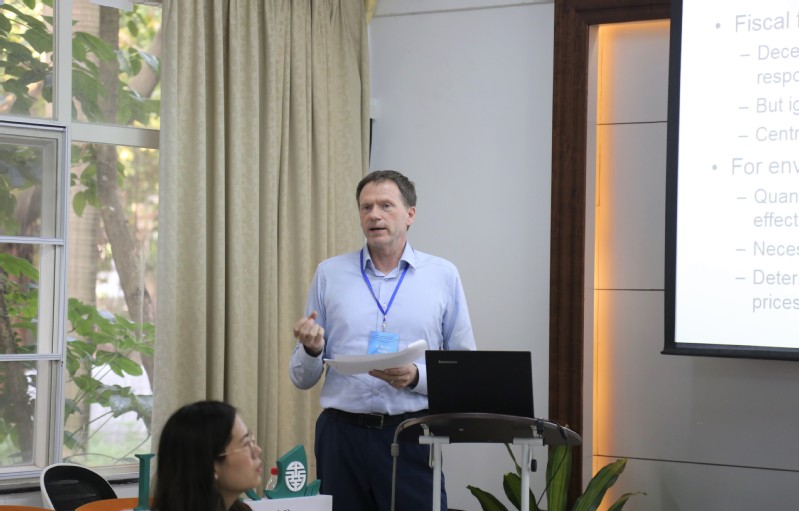
V. Brian Viard (Cheung Kong Graduate School of Business)
How Extensive are Air Pollution Spillovers? An Application to China’s Manufacturing Productivity
The paper measures spillover effects of air pollution on manufacturing productivity, and points to policy discussions on centralized versus decentralized management schemes on pollution.
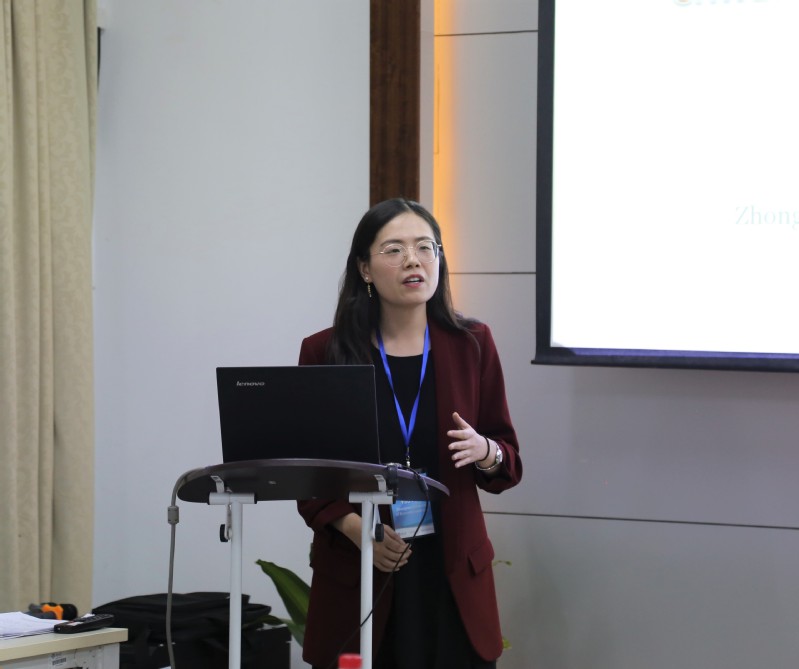
Yao Pan (Zhongnan University of Economics and Law)
Late-life Cognition: Do Childhood Conditions Play Any Role?
The paper explores the impact of childhood conditions on late-life cognition, and thus urges policy interventions on improving children living environment.
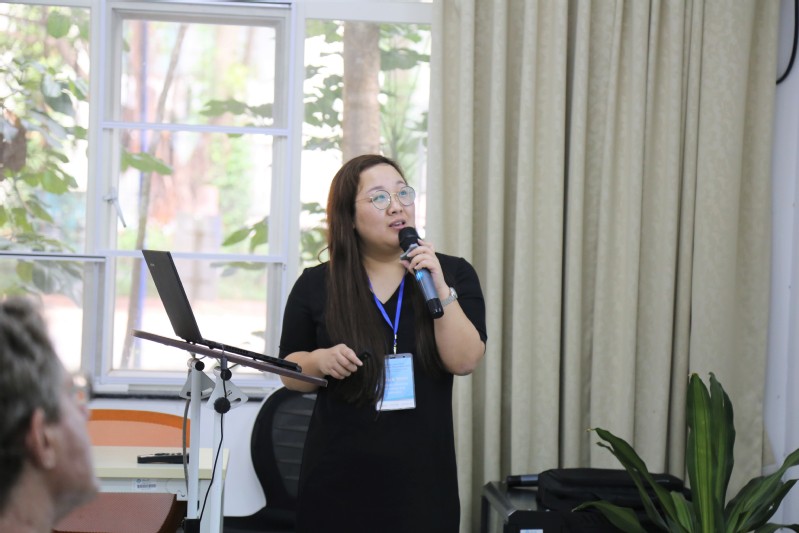
Caixia Shen (Zhejiang University of Finance and Economics)
Pollution Mitigation and Productivity: Evidence from Chinese Manufacturing Firms
The paper presents an ongoing research on the effects of pollution discharge fees on firms’ productivity and pollution output for 4 pollutants by exploiting the spatial and temporal differences in pollution discharge fees.
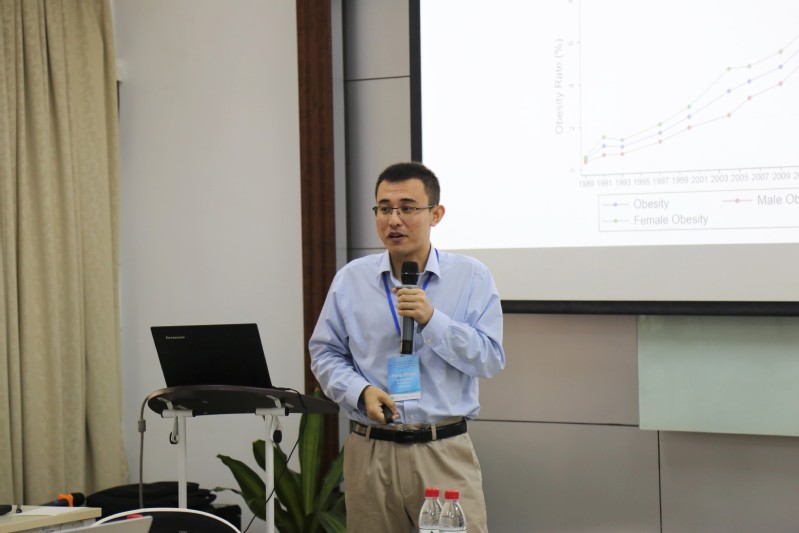
Peng Zhang (The Hong Kong Polytechnic University)
The Effect of Air Pollution on Body Weight and Obesity: Evidence from China
The paper shows the causal effect of PM2.5 on body weight and obesity, and presents new evidence of negative health consequences of air pollution.
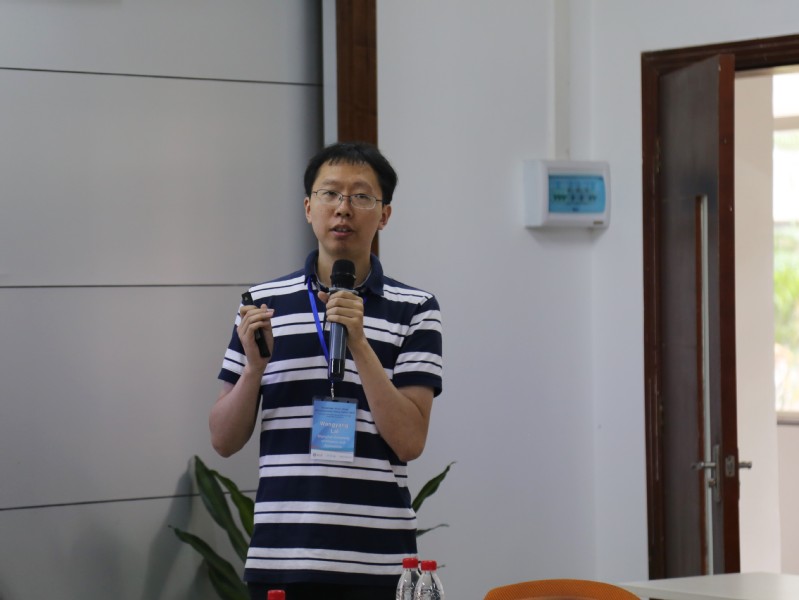
Wangyang Lai (Shanghai University of Finance and Economics)
Indoor Air Pollution and Mortality Rates: Evidence from Natural Gas Pipelines Expansion in
China
The paper presents the effect of Natural Gas Pipelines Expansion in China on mortality rate and energy use, concluding that women are more likely to benefit from clean energy sources at home.
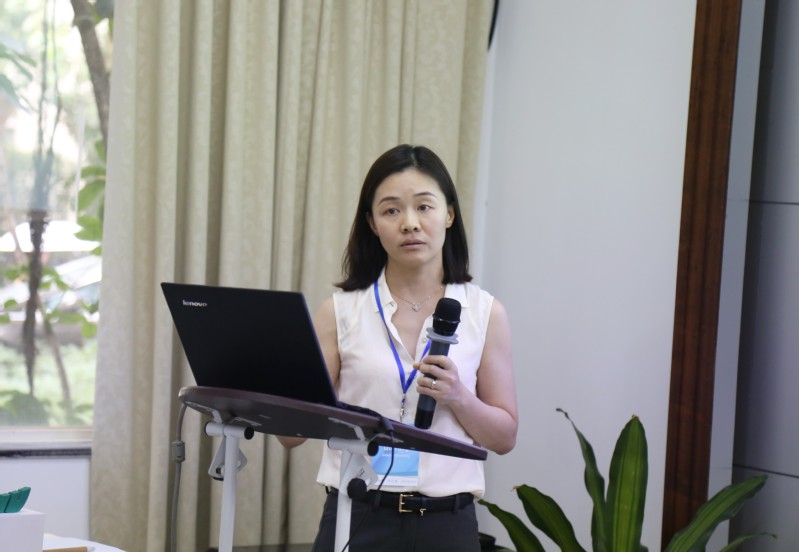
Qu Tang (Assistant Professor at IESR, Jinan University)
Behind the Flames: Unintended Impacts of Straw Burning on Human Capital
The paper explores the impact of straw burning on student scores in the National College Entrance Examination of China. The research urges policy interventions on protecting the NCEE takers during farmers’ straw burning season and encourages farmers to replace straw burning with more conservation agriculture practices.
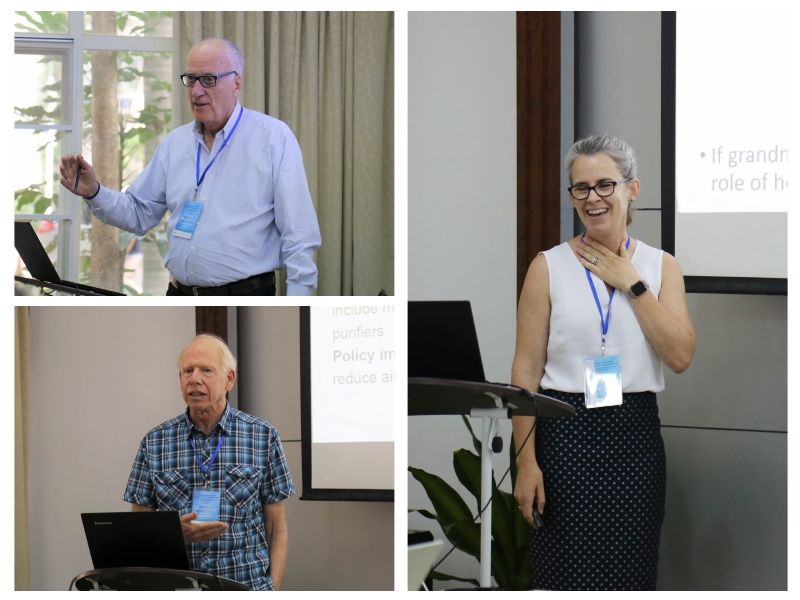
Discussants: Richard Morgenstern (top left), David Brownstone (bottom left), Ashley Langer (right)
Over 1.5-day conference sessions, all conference papers received constructive feedback from the discussants Richard Morgenstern (Resources for the Future), David Brownstone (UC Irvine), and Ashley Langer (University of Arizona), hence generating active 40-minute discussions that followed each presentation.
Participants examined the composition of pollution sources, the distributional impacts of governmental intervention, the cost-and-benefit analysis of specific environmental policies, as well as many other related issues. Each discussion centered around issues that are specific to, or particularly important for China, with cross-country comparisons referring to past experiences of environmental policies and management in the developed countries.
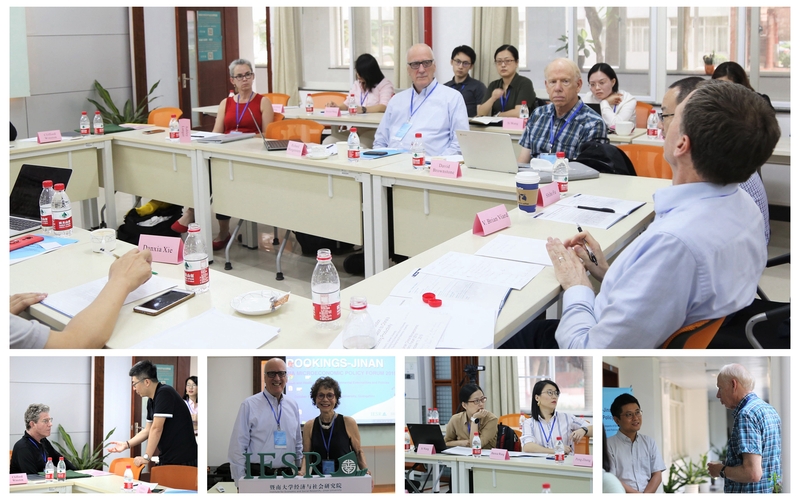
A few moments from Brookings-Jinan Conference 2019
The Brookings Institution is a nonprofit public policy organization based in Washington, DC. It was founded by the American businessman, civic leader and philanthropist Robert S. Brookings in 1927, although the institution traces its beginnings to 1916, when a group of leading reformers founded the Institute for Government Research (IGR), the first private organization devoted to analyzing public policy issues at the national level. Brookings’ mission is to conduct in-depth research that leads to new ideas for solving problems facing society at the local, national and global level. It brings together more than 300 leading experts in government and academia from all over the world who provide the highest quality research, policy recommendations, and analysis on a full range of public policy issues. Research topics cover foreign policy, economics, development, governance and metropolitan policy. Today, The Brookings Institution is one of the most influential thinks tanks in the United States.
Institute for Economic and Social Research (IESR) was founded at Jinan University in December 2015, with Yangtze River Scholar Professor Shuaizhang Feng appointed as the first Dean of the institute. Our mission is to advance policy-oriented economic and social research by addressing most pressing issues in today’s China. We hope to translate our research insights into policy action throughout the country, and thus contribute to the overall betterment of our society. Here at our institute we work on a wide scope of research topics ranging from rural-to-urban migration, left-behind children, labor market, urban and rural development, international trade, firm development, to more theory-driven research in econometrics and macroeconomics. We engage in a sustained dialogue with policymakers all across China, and strive in bringing together leading scholars from all over the globe to join us in a pioneering research collaboration through our regular seminars, workshops and conferences.


